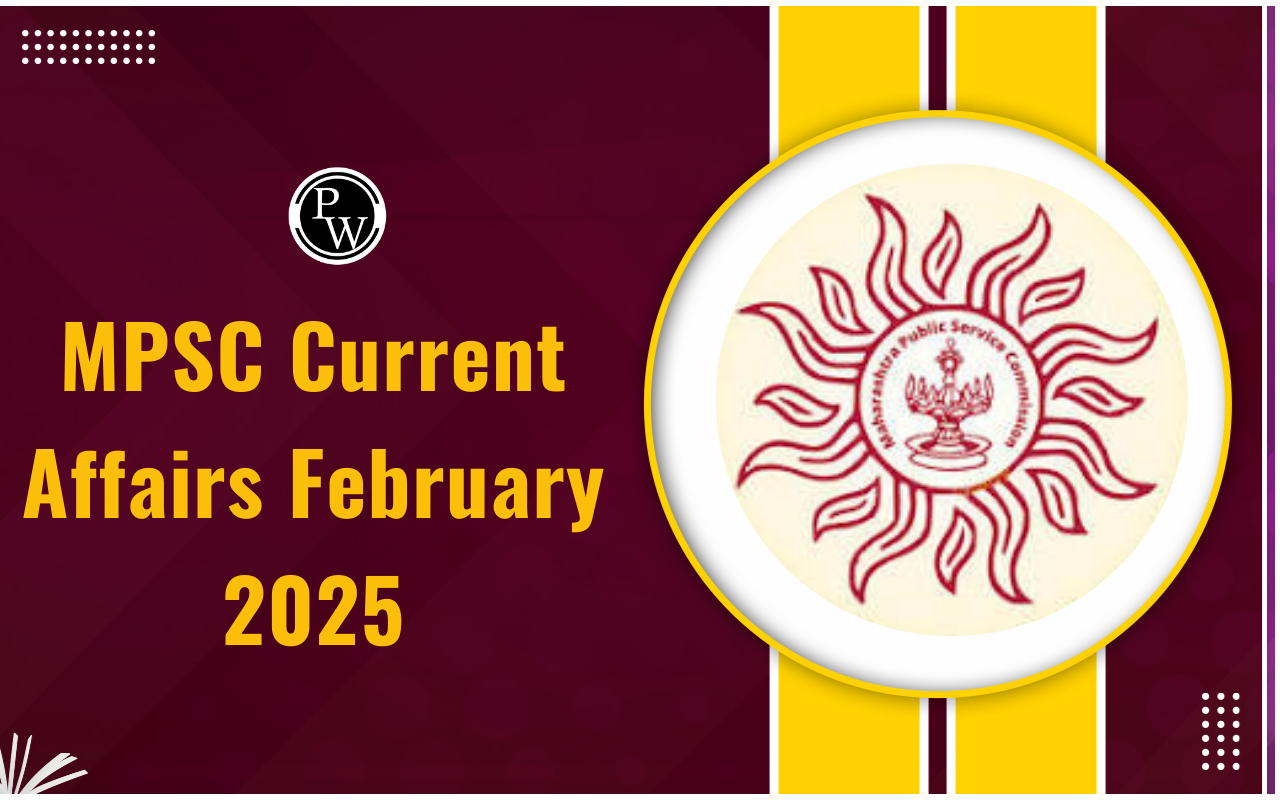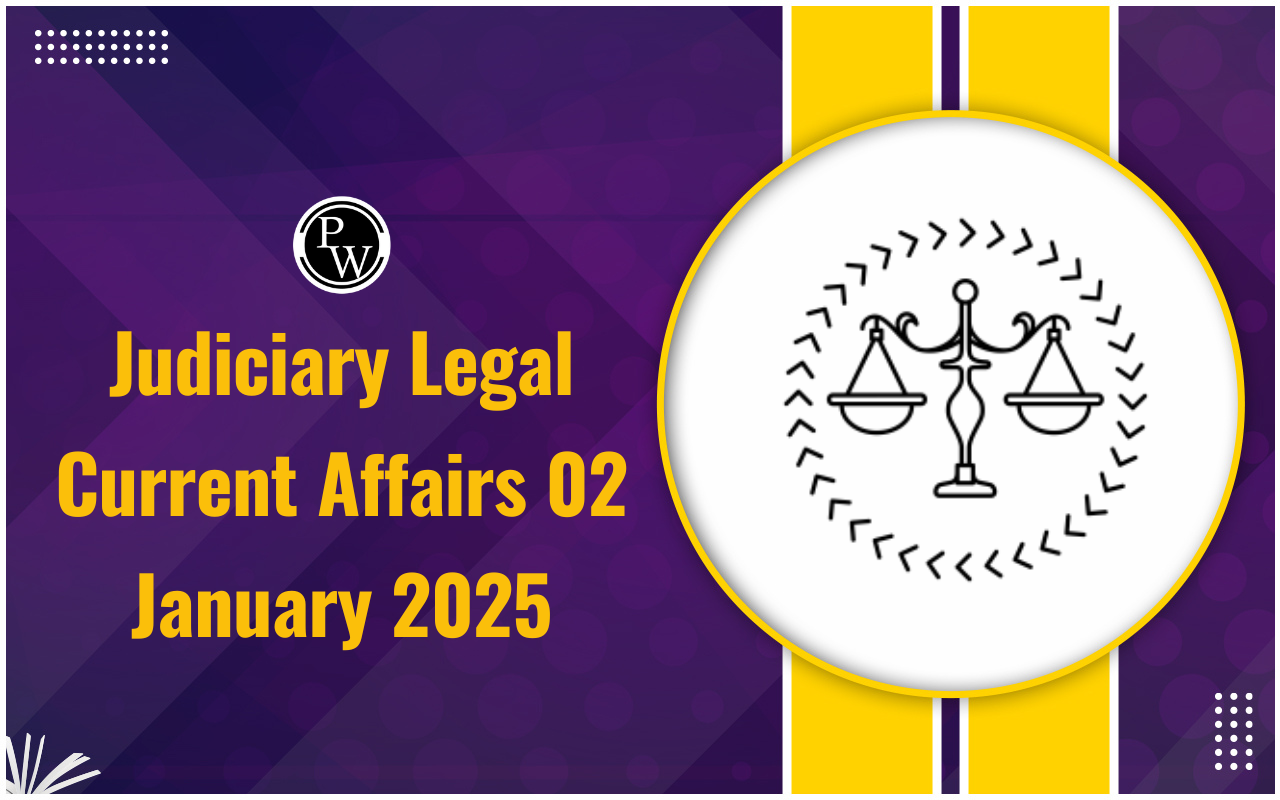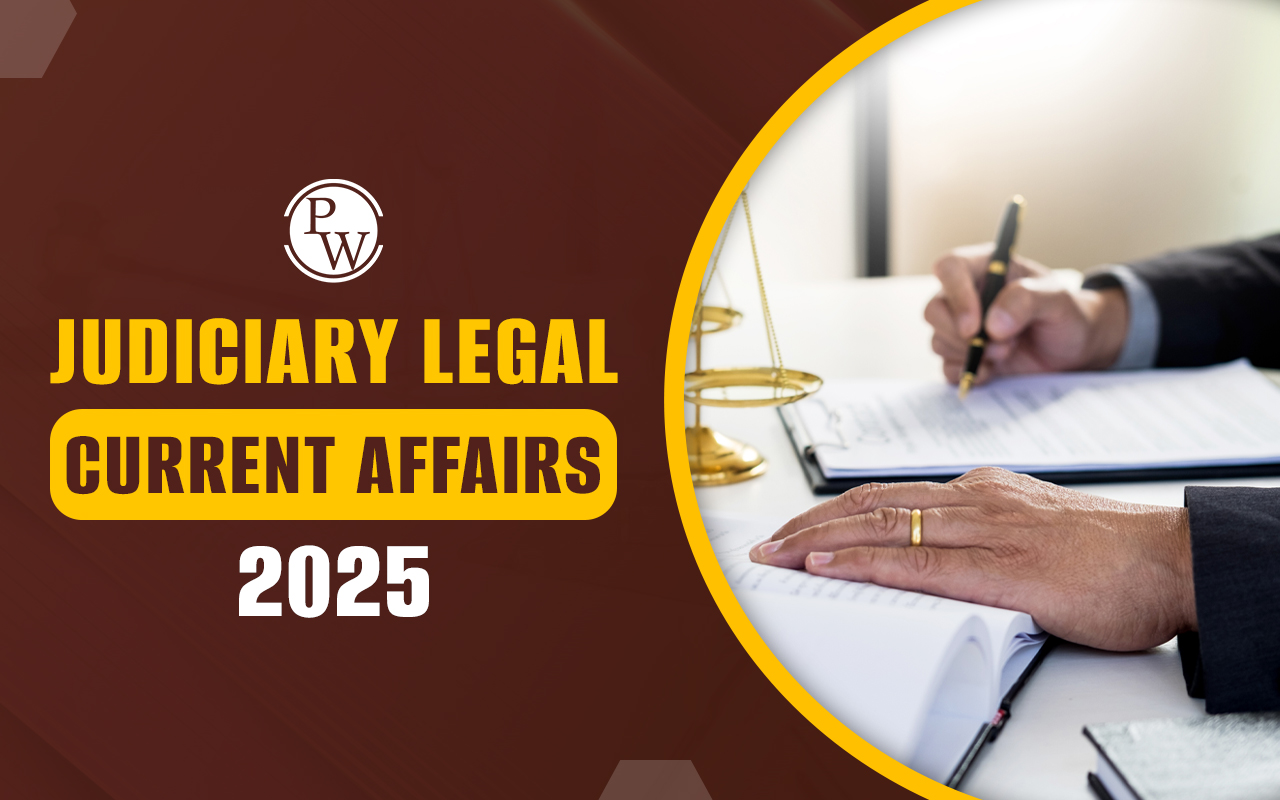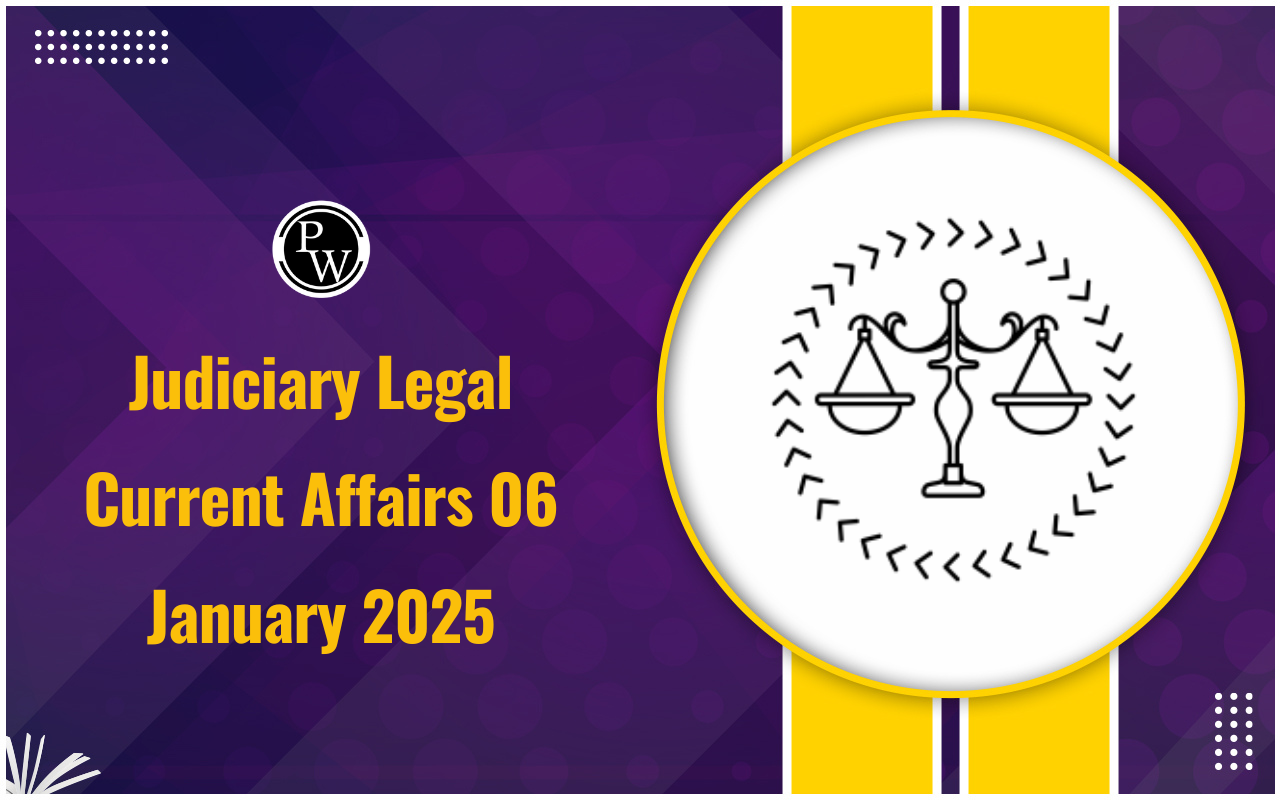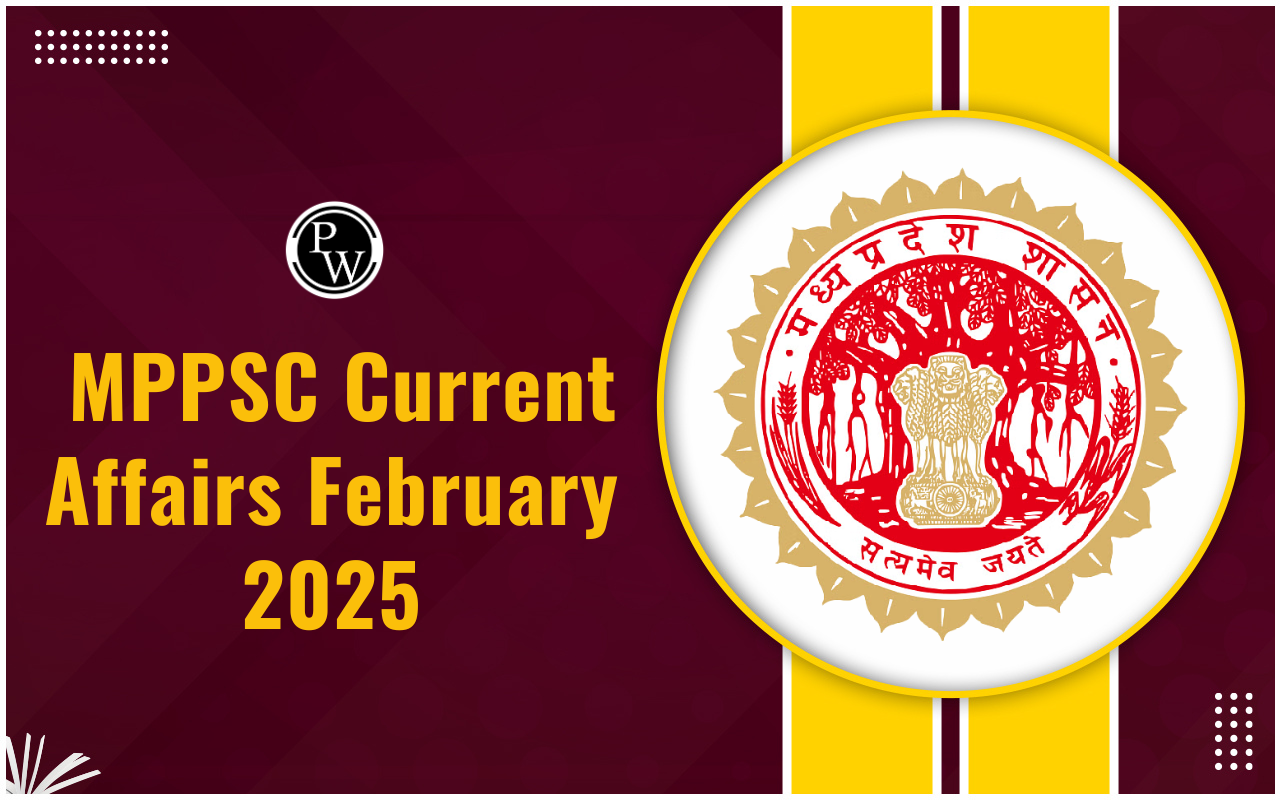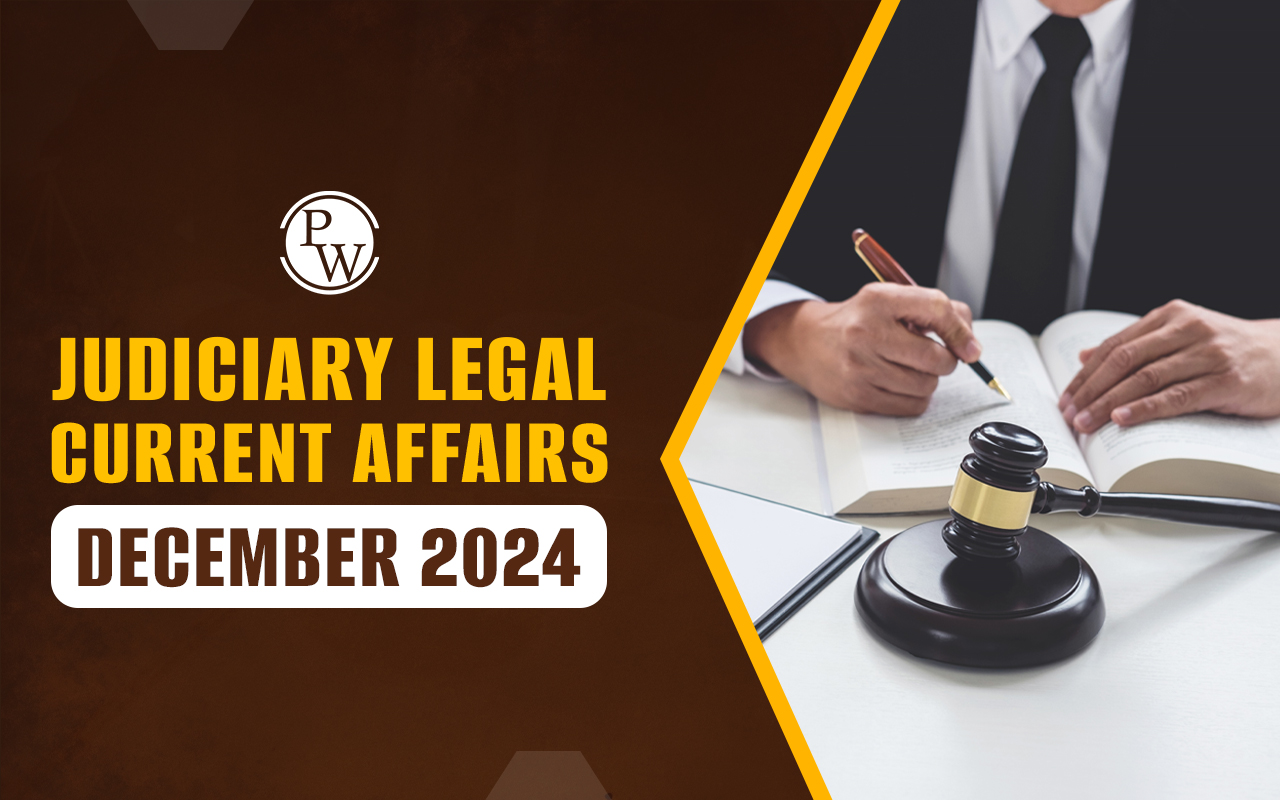
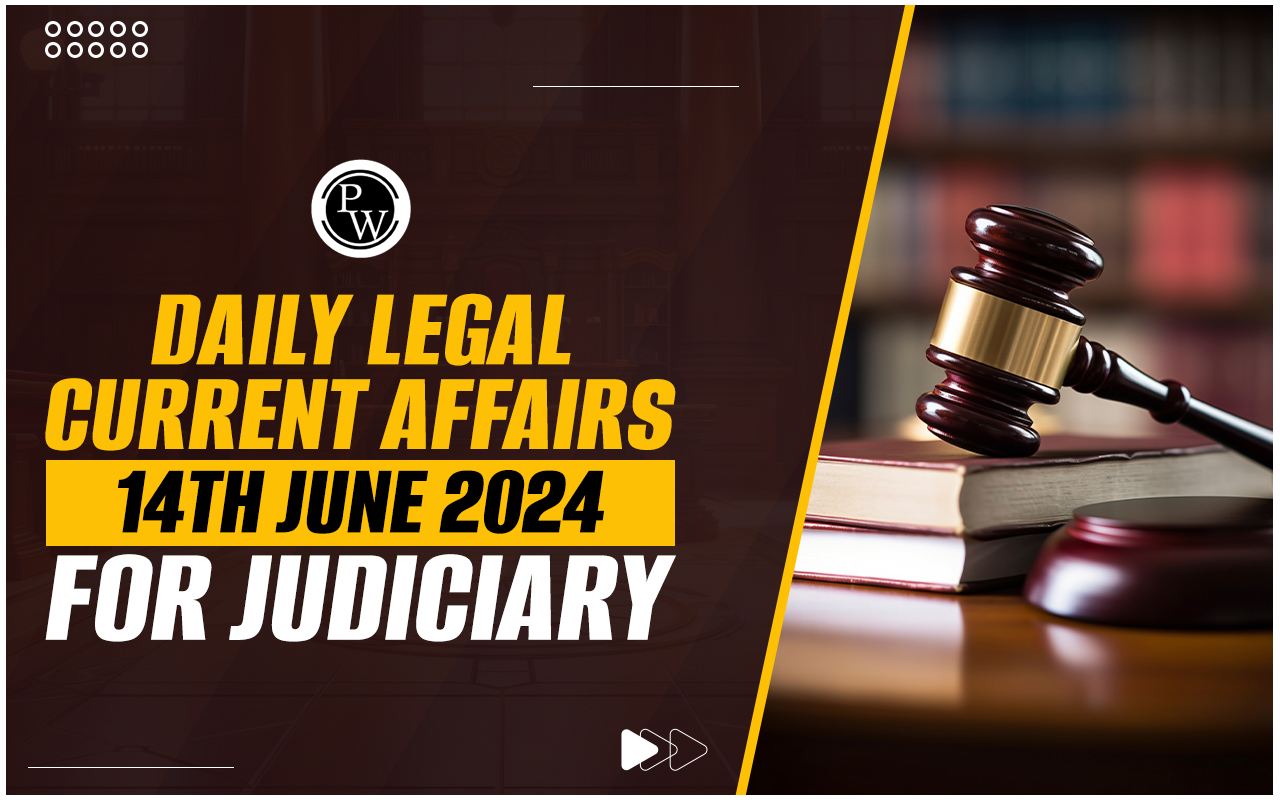
Mohammad Huzefa Pathan v. State of Madhya Pradesh & Ors .
-
- BENCH : Justice Sushrut Arvind Dharmadhikari and Justice Gajendra Singh
- FORUM : Madhya Pradesh High Court
- TOPIC : Bengaluru Court Issues Non- Bailable Warrant against Former CM B.S. Yediyurappa in POCSO case.
- FACTS
- The writ against detention was filed by the brother of detenu against Khargone District Magistrate's order in November 2023. The Magistrate had invoked Section 3(2) of the National Security Act, 1980, upon the recommendation of the Superintendent of Police against the detenu who has been charge-sheeted for several offences since 2012.
-
- The court sent the detenu to Central Jail, Ujjain, for a period of three months as a preventive measure. The duration of detention was then extended periodically. The state characterised the detenu as a 'history sheeter' involved in several heinous crimes. He has damaged public property, threatened citizens with deadly weapons and attempted murders, the government advocate submitted.
- Though the counsel for the petitioner-brother vehemently argued that the issuance of the order was mechanical and infringed the detenu's rights under Articles 14 and 21 , the division bench felt that the detenu was a threat to 'public peace' and 'law & order'.
- OBSERVATIONS
- In a plea filed against the detention of an alleged 'habitual offender', the Madhya Pradesh High Court has held that the different nature of cases registered and tried against the detenu can't be taken lightly even if the trial resulted in acquittal.
- The Division Bench of Justice Sushrut Arvind Dharmadhikari and Justice Gajendra Singh pointed out that the detenu is an offender arranged in 16 criminal cases. Those were not merely minor offences. They included one under Section 13 of the Gambling Act and another under the Scheduled Castes & Scheduled Tribes (Prevention of Atrocities) Act, the court highlighted. The scope of High Courts' jurisdiction in national security matters is limited and depends on the subjective satisfaction of the detaining authority, the division bench inferred from the apex court decision in Ram Das v. State of West Bengal, (1975) .
- The question of breach of public order and threat to peace could also be subjective, the court added. By relying on Ashok Kumar v. Delhi Administration & Ors (1982) , the court iterated that preventive measures are not in the nature of punishment but a precaution to prevent mischief to the state.
- Preventive detention could be allowed in instances where the detenu is a dangerous person against whom the prosecution can possibly never succeed, owing to his hold over the witnesses and other matters.
- PROVISIONS UNDER CONSIDERATION
- Article 14 of the Constitution of India - Equality Before Law
- Article 19 of the Constitution of India - Protection of certain rights regarding freedom of speech, etc.
Rashmi Indouliya @ Chaudhary v. Ved Prakash Indouliya
-
- BENCH : Justice Parthiv Jyoti Saikia
- FORUM : Gauhati High Court
- TOPIC : Hindu Marriage Act - Bar against remarriage not applicable if delay in filing matrimonial appeal is not satisfactorily explained, Gauhati HC.
- FACTS
- The facts leading to the filing of the application is that the ex-husband of the applicant (respondent) filed an application under Section 13 of the Hindu Marriage Act seeking a decree of dissolution of his marriage with his wife (applicant). The case was filed in the court of the District Court, Kokrajhar.
- The District Court issued a notice to the applicant. The present applicant received the said notice, but did not contest the case. Therefore, the District Court passed the decree on July 17, 2021 against the applicant ex parte.
- The present applicant did not file an appeal against the said decree within the time frame stipulated by law. After 122 days of delay, the applicant filed the appeal along with the present application stating that during the COVID-19 period, her husband had sent her to Mathura in the State of U.P. and therefore, she could not come to Kokrajhar to contest the case before the trial court. Regarding the delay, the applicant stated that she has to look after her 8-year-old son and her old parents, therefore, the delay occurred.
- OBSERVATIONS
- The Gauhati High Court dismissed an Interlocutory Application filed by a woman for condonation of 122 days of delay in preferring the matrimonial appeal which challenged an ex-parte divorce decree passed by the District Court, on the ground that the bar of Section 15 of the Hindu Marriage Act (remarriage) would not be applicable in the case and delay has not been satisfactorily explained.
- The single judge bench of Justice Parthiv Jyoti Saikia was hearing an application under Section 5 of the Limitation Act, 1963 filed by the applicant praying for condonation of 122 days of delay in preferring the matrimonial appeal under Section 28 of the Hindu Marriage Act, 1955.
- The Court noted that ex parte decree was passed on July 17, 2021 and within 90 days thereafter, no appeal was filed. Hence, on May 26, 2022, the respondent husband, remarried.
- “I am of the considered opinion that the bar of Section 15 of the Hindu Marriage Act would not be applicable in the present case. Moreover, I find that the delay has not been satisfactorily explained in this case,” the Court noted.
- Thus, the Court dismissed the interlocutory application.
- PROVISIONS UNDER CONSIDERATION
- Section 13 of Hindu Marriage Act: Divorce
- Section 28 of Hindu Marriage Act: Decrees and order.
Also Check: Daily Legal Current Affairs 12 June 2024
Sukhdev Singh V. State of Jammu and Kashmir th.Director General of Police J&K
-
- BENCH : Justice Sanjeev Kumar
- FORUM : Jammu & Kashmir High Court
- TOPIC : Magistrate not required to notify injured party or deceased’s relative before considering closure report unless fir filed by them.
- FACTS
- The case stemmed from a 2011 accident in Jammu where Sarabjeet Singh, son of respondent Sukhdev Singh, died after his motorcycle collided with a scooter. The police registered an FIR based on information received from reliable sources and later submitted a closure report, concluding that Sarabjeet Singh himself was responsible for the accident. The magistrate accepted the report and dismissed the case.
- Sukhdev Singh, dissatisfied with the outcome, filed a protest petition before the magistrate, which was not entertained. He then challenged the closure report in the revisional court.
- The revisional court, while upholding the magistrate's order, directed the magistrate to consider Sukhdev Singh's protest petition. Subsequently, the magistrate ordered a reinvestigation based on the allegations made in the petition.
- The petitioner challenged the legality of the reinvestigation order, arguing that magistrates lack the authority to order reinvestigation upon accepting a closure report. He further argued that only the informant who filed the FIR has the right to a notice from the magistrate. Sukhdev Singh, on the other side, argued that the police investigation was flawed and sought a reinvestigation.
- He contended that as the legal heir of the deceased, he had the right to file a protest petition and be informed about the closure report.
-
OBSERVATIONS
- Justice Kumar, after examining relevant sections of the Code of Criminal Procedure (CrPC), observed that the CrPC does not mandate informing the victim or a relative of the deceased about the closure report unless they are the informant.
- Explaining the finer intricacies of the matter the court said that when the police report in the form of a closure report or a challan is forwarded by the officer-in charge of a Police Station under subsection (2) of 173 CrPC comes up for consideration before the Magistrate he has the option to accept or reject them. “..if the Magistrate decides to take cognizance of the offence and issue process, the informant is not prejudicially affected nor is the injured or any relative of the deceased aggrieved. However, when the Magistrate decides that there is no sufficient ground for proceeding further and proposed to drop the proceedings, or takes the view that, though there is sufficient ground for proceeding against some, there is no sufficient ground for proceeding against others mentioned in the FIR, the informant would certainly be prejudiced”, the court recorded.
- In light of this reasoning, the court referenced Bhagwant Singh vs Commissioner of Police, AIR 1985 and observed that, in the absence of any provision in the CrPC or from the standpoint of principles of natural justice, any obligation on the Magistrate to issue notice to the injured person or to the relative of the deceased for providing such person an opportunity to be heard at the time of consideration of the report is not spelt out.
- However, it underscored that the injured person or the relative of the deceased is not entitled to notice from the Magistrate, but he can appear before the Magistrate and make his submissions when the report is considered by the Magistrate to decide what action he should take on the report.
- Finally, the bench directed that the judgment be circulated for guidance to all Magistrates and Sessions Judges in the Union Territory.
C B Prakash & ANR v. State of Karnataka & ANR
-
- BENCH : Justice M Nagaprasanna
- FORUM : Karnataka High Court
- TOPIC : Section 498A - IPC, Scores of Cases where Husband’s Family is Dragged into Web of Crime By Frivolous Complaints of Wife, must be Nipped in the Bud.
- OBSERVATIONS
- The Karnataka High Court has quashed a case under Section 498-A of the Indian Penal Code registered by a woman against her father and mother-in-law.
- A single judge bench of Justice M Nagaprasanna while allowing the petition filed by C B Prakash and another said “There are scores and scores of cases where allegations are made that have pointed overt acts by every member of the family which are sustained and further trial is permitted. There are even scores and scores of cases where every member of the family without rhyme or reason is dragged into the web of crime by frivolous complaints registered by the complainant/wife while the entire grievance is against the husband and every imaginary member of the family is dragged in it. These cases are to be nipped in the bud.”
- It was stated that the marriage between accused No.1 (husband) and the complainant took place on 24-10-2021 and after about two months of marriage, the accused No.1 flew to Germany for his work. It was stated that due to this, the relationship between accused No.1 and the complainant floundered and the floundering of the relationship resulted in a complaint being registered.
- The petitioners had argued that there were no ingredients in the complaint which would lead as a foundation for the offences punishable under Section 498A and Sections 3 and 4 of the Act qua the petitioners. All the allegations and grievances against accused No.1/ husband and the father-in-law and mother-in-law have nothing to do with the squabble between the husband and the wife, it was submitted.
- The complainant opposed the plea saying there are clear allegations against all the accused. Overt acts are specifically indicated in the complaint which would definitely become the ingredients of Section 498A of the IPC. The prosecutor submitted that as against accused No.1/husband the Police have already filed their charge sheet. He left the decision to the hands of the Court, as even according to him, on the finding in the charge sheet there was nothing that would touch the ingredients of Section 498 A of the IPC in respect of the petitioners. The bench on going through the complaint noted that in the entire narration of the complaint, it is only in the penultimate paragraph, that the names of the petitioners came up, not for any ingredients of offences punishable under Section 498A of the IPC, but only for omnibus hurling of abuses.
- No specific overt act is indicated in the complaint qua these petitioners as the entire narration in the complaint is the squabble between the husband and the wife, the Court observed.
- It clarified that the observations made in the course of the order were only for the purpose of consideration of the case of petitioners under Section 482 of Cr.P.C . and the same shall not bind or influence the proceedings against the other accused pending before any other forum.
-
PROVISIONS UNDER CONSIDERATION
- Section 482 of Criminal Procedure Code, 1973: Saving the inherent power of the High Court.
Also Check: Daily Legal Current Affairs 11 June 2024
Ansari v. State of Kerala
-
- BENCH : Justice Johnson John
- FORUM : Kerala High Court
- TOPIC : Husband acquitted from offence of dowry death u/s 304B IPC can be held guilty of martial cruelty u/s 498 a depending on facts.
- OBSERVATIONS
- The Kerala High Court has held that just because a person was charged and acquitted under Section 304B of Indian Penal Code for dowry death does not mean that he cannot be convicted under Section 498-A of the Act for marital cruelty.
- The judgment was made by Justice Johnson John while deciding a Criminal Appeal against the decision of Sessions Judge where he found the appellant guilty of Section 498A of the Indian Penal Code.
- The Sessions Court found the accused not guilty under Section 304B and abetment of suicide under Section 306 . As per prosecution, the accused started demanding dowry from his wife after 5 months of marriage and used to beat her for the same.
- He did not settle for a lesser dowry offered by wife's parents. A quarrel ensued and the accused beat her. She consumed formic acid. She informed her parents what had happened when they saw her in the hospital where she was admitted for treatment.
- She died in the hospital while being treated.
- The appellant argued that the charge will not stand as the marriage between the accused and the deceased was not valid.
- The appellant was a Muslim and the deceased was Hindu. They registered their marriage at the Sub Registry Office and there was exchange of garlands. The Trial Court had observed that the appellant was a Mohammedan and the marriage between a Mohammedan male and a Hindu female is not invalid but only irregular according to Sunni Law.
- Since there is no plea that the petitioner belongs to the Shia community, the marriage cannot be considered as invalid.
- The High Court found this view to be correct. Moreover, the Court referred to Supreme Court judgments in Reema Aggarwal v. Anupam and A. Subash Babu v. State of Andhra Pradesh and Another which held that Section 498-A will apply when there is a marital relationship between the parties. The legal validity of the marriage does not matter.
- The deceased was admitted to a hospital on 16/02/2002 and she died on 29/05/2002. The FIR was filed by the stepfather of the deceased on 29/05/2002. The appellant alleged that there was delay in filing the FIR.
- The accusation was made only after the death. They had no complaints till her death and therefore their evidence cannot be relied upon. Stepfather and mother of the deceased gave evidence that the deceased was undergoing intensive treatment and there was no one else to help them.
- The Court accepted this as an explanation for delay.
- The appellant had also argued that harassment simpliciter does not come under Section 498A . Only when harassment is for the purpose of coercing a woman or any other person related to her to meet an unlawful demand for dowry will it amount to cruelty under Section 498A . Here there is no proof that the deceased was subjected to cruelty soon before her death.
- The Court held that there is evidence from the stepfather and mother of the deceased about demand of dowry and subsequent cruelty faced by her. She was manhandled and driven out of their house. She was also told that she will be allowed to reside there only if she fulfilled the demand of dowry made by the appellant.
- The Court also referred to Kaliyaperumal v. State of T.N which held that cruelty by itself is an offence under Section 498A and distinguished it from Section 304 B where death is a necessary element.
- Therefore, the Court did not think it was necessary that it should be proved that the cruelty happened soon before her death. It is enough if it is proved that the deceased was subjected to cruelty.
- The Appeal was dismissed.
-
PROVISIONS UNDER CONSIDERATION
- Section 304 B of IPC:Dowry Death
M/s Akhila Karnataka Hindu Temples Priest Agamikas and Archaks Association And State of Karnataka & Anr
-
- BENCH : Chief Justice N V Anjaria and Justice K V Aravind
- FORUM : Karnataka High Court
- TOPIC : Karnataka HC Dismisses PIL seeking Declaration That Temples Are Not Public Authorities Under RTI Act.
- OBSERVATIONS
- The Karnataka High Court on Wednesday dismissed a public interest litigation filed seeking a declaration that temples in the State of Karnataka are not public authorities within the meaning of Section 2 (h) of the Right to Information Act, 2005.
- A division bench of Chief Justice N. V. Anjaria and Justice K. V. Aravind dismissed the petition filed by M/s Akhila Karnataka Hindu Temples Priests Agamikas and Archaks Association.
- The petitioner had prayed to direct respondent No. 2 (Commissioner Of Hindu Religious and Endowments Department) to withdraw its notification dated 16-06-2007 along with subsidiary notification dated 03/02/2017 and connected amendments. By the said notification, public information officers (PIO) are appointed under the Act.
- It was submitted that the temples are treated as public authority under the Act and only those temples which come under the purview of Karnataka Hindu Religious and Endowments Institutions notification 1997, are included under the impugned notification.
- The petitioners argued that certain persons who call themselves whistle-blowers harass the Archakas and staff of the temples and that the notification whereby the PIO is appointed in the temples would provide them tools and leverage to further harass them.
- Reliance was placed on judgments of the Supreme Court and other High courts The bench said, “As noted above the grievance is to the notification issued by the authority to treat the temples in Karnataka within the purview of Right to Information Act, the class of temples as already noticed and reflected in the impugned notification comes under the Karnataka Hindu Religious and Endowments Institutions are covered.”
- It added “Not only that the subject matter cannot become a public interest litigation, the ground that so-called whistle-blowers harass the Archaks is too vague and nebulous to accept the case of the petitioner against the notifications.”
- Further, it said that the grievance of Archakas and pujaris was misplaced when they apprehended that whistleblowers would harass them. Court held that information is provided only by the PIO and for that Archakas could not have any objection. Thus it dismissed the plea. However, it clarified that the dismissal of the petition would not close the doors for individual bodies to agitate their rights in an appropriate petition to contend that temples do not fall within the ambit of public authority under the Right to Information Act.
Daily Legal Current Affairs Practice Questions 14 June 2024 For Judiciary Exams
Ques 1- In educational institutions reservation of seats in favour of Scheduled Castes and Scheduled Tribes is governed by—
- Article 15(5) of the Constitution
- Article 16(4) of the Constitution
- Article 29(2) of the Constitution
- Article 14 of the Constitution
Ques 2 - Right of all citizens to move freely. throughout the territory of India:
- Is recognised as a Fundamental Right as all citizens have the right to reside and settle in any part of the territory of India under Article 19(1)(e) of the Constitution.
- Is only a statutory right.
- Is recognised as a separate Fundamental Right under Article 19(1)(d) of the Constitution.
- Is not a Fundamental right.
Ques 3- Right to stand for election to the Parliament:
- Is a fundamental right under Article 21.
- Is only a statutory right.
- Is a Fundamental Right under Article 19(1) (a) [Right to Freedom of Speech and Expression]
- Is a part of Fundamental Right to form associations and unions.
Ques 4- Which of the following Articles of the Constitution of India recognizes the "Doctrine of Double Jeopardy"?
- Article 22(2)
- Article 21(2)
- Article 20(2)
- None of these.
Ques 5- Constitution of India:-The state shall provide free and compulsory education to all children at the age of six to fourteen years enshrined in Article?
- Article 21
- Article 21A
- Article 25
- Article 30
Ques 6- Which section of the Indian Penal Code deals with Dowry Death:
- Section 366A of IPC
- Section 304A of IPC
- Section 304B of IPC
- Section 489A of IPC
Ques 7- Report of police officer on completion of investigation under Section 173 of the Code of Criminal Procedure is called:
(a) Policy Diary (b) Case Diary (c) Charge Sheet (d) Complaint Ans 7: (c)Judiciary Exam Current Affairs FAQs
How many months of current affairs is required for a Judiciary Exam?
Where can I study current affairs for the Judiciary?
How can I prepare for Judiciary current affairs?

